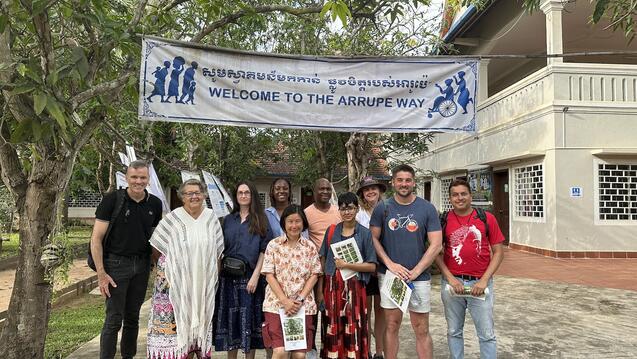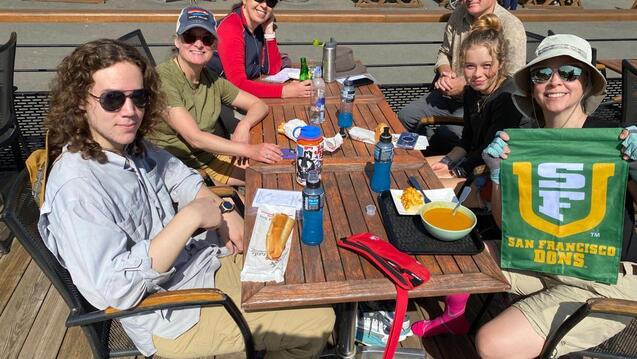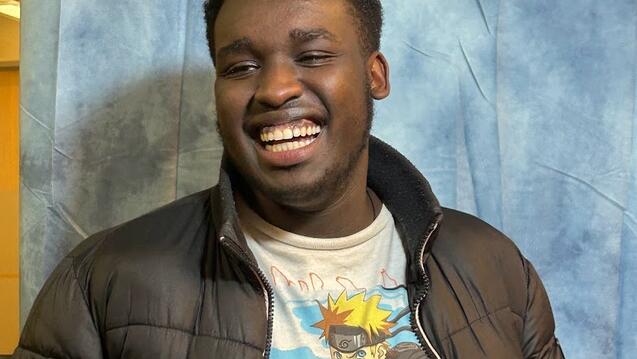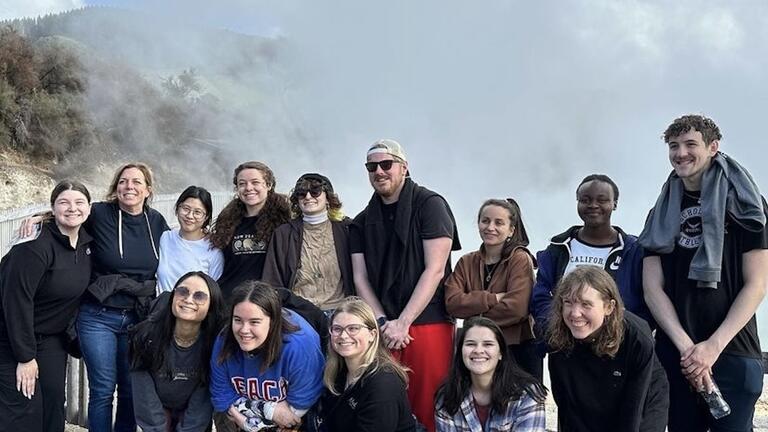
Students and Professors Make the World Their Classroom
More than 140 students and professors traveled to 11 different USF global immersion programs in more than a dozen countries over the summer, exploring topics like the biology of cancer and learning more about the lives of migrants at the Spain and Morocco border.
Students and professors described their experiences on several of the immersions

Biology of Cancer in Auckland, New Zealand
New Zealand has always been on the bucket list of Magdalena Jazmin Macias ’24, a biology major. The opportunity to also learn more about how cancer impacts communities and individuals was a powerful draw, she said.
“I had the opportunity to reflect and write a paper on pediatric cancer, research ethics, and considerations a clinical team must have regarding minors making decisions about their medical care,” Macias said.
The integration of a subject with global travel gives students the opportunity to learn about other communities and explore a topic from all angles, said Christina Tzagarakis-Foster, professor of biology.
Students explored the socioeconomic aspects of cancer, health care considerations, and the impact on the community, Tzagarakis-Foster said. They discussed the history and culture of the Māori, the indigenous people of New Zealand.
They learned about “integration of clinical trials, as well as the inner workings of a cell that leads to cancer, giving students a better understanding of a truly global issue,” she said.
Macias said she made lifelong memories on the trip. “Although I crossed New Zealand off my bucket list, I’ll certainly be back.”
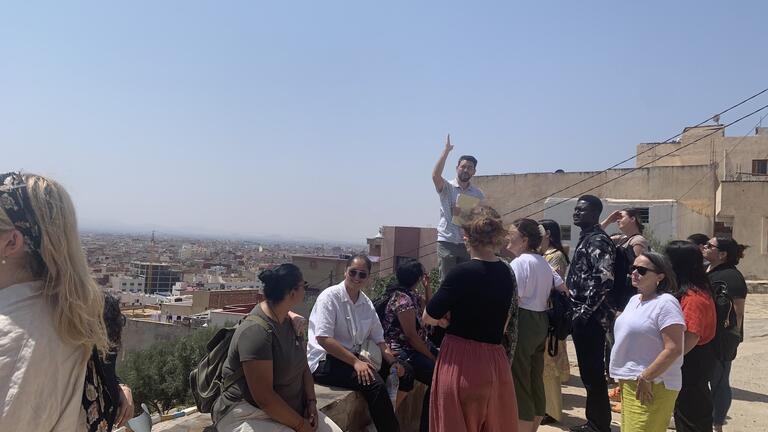
Migrants at the Spain-Morocco Border in Andalucia, Spain and Nador, Morocco
Duun O’Hara MA ’24, a migration studies student, recalls seeing Nador for the first time and noticing there was a Spanish flag on a jetty with what looked like a gated metal fence on it.
“On the left side was Morocco and the other side was Spain,” O’Hara said. The fence illustrated the division in the city, where African migrants are often the victims of police raids, she said.
The USF group participated in seminars taught by Jesuits at the border, O’Hara said.
"Our seminars led by the Jesuits explained the reality of the African migrants’ daily lives in Nador,” she said. “We collectively witnessed how to accompany and to create safe spaces for the migrants. The Jesuits advised us that the way we can do this is by listening. They taught us the power of just listening and believing personal testimonies.”
Lois Ann Lorentzen, professor of theology and religious studies, who traveled with the group, said, “We deepened our knowledge of struggles faced by migrants through a firsthand, up-close look at the struggles faced by migrants.”
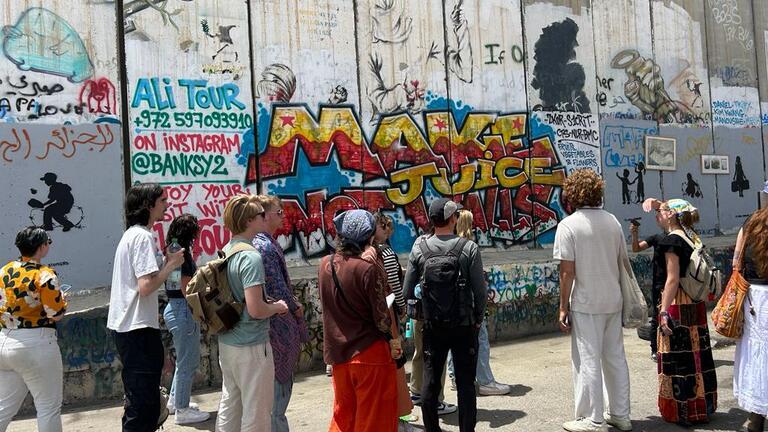
Beyond Bridges in Jerusalem, Israel, and Palestine
This immersion enabled students to meet with Palestinians and Israelis — walking the streets, interacting with shopkeepers and restaurateurs, eating the food — in communities that are most impacted by the ongoing conflict in the region, said Oren Kroll-Zeldin, professor of theology and religious studies and assistant director of USF’s Swig Program in Jewish Studies and Social Justice.
“These experiences enable students to learn about other cultures and ways of being in the world but also challenge them to reflect on their own cultures and social identities,” Kroll-Zeldin said.
Looking Ahead
There are 22 immersion programs in the works for this academic year, with locations in Australia, Costa Rica, Denmark, Dominican Republic, Ecuador, Israel and Palestine, Italy, Kenya, Lesotho, Peru, Philippines, South Africa, Spain, Taiwan, Alaska, Puerto Rico, and the southern United States.
"Many of our students seek out USF because they want a global education and real-world experience,” said Anastasia Vrachnos, vice provost of global education at USF. “Global immersions enable students to take their education on the road. They make an indelible impact on students' academic, personal and professional pathways, providing new ways of engaging with the world and skills for a constantly changing world."
